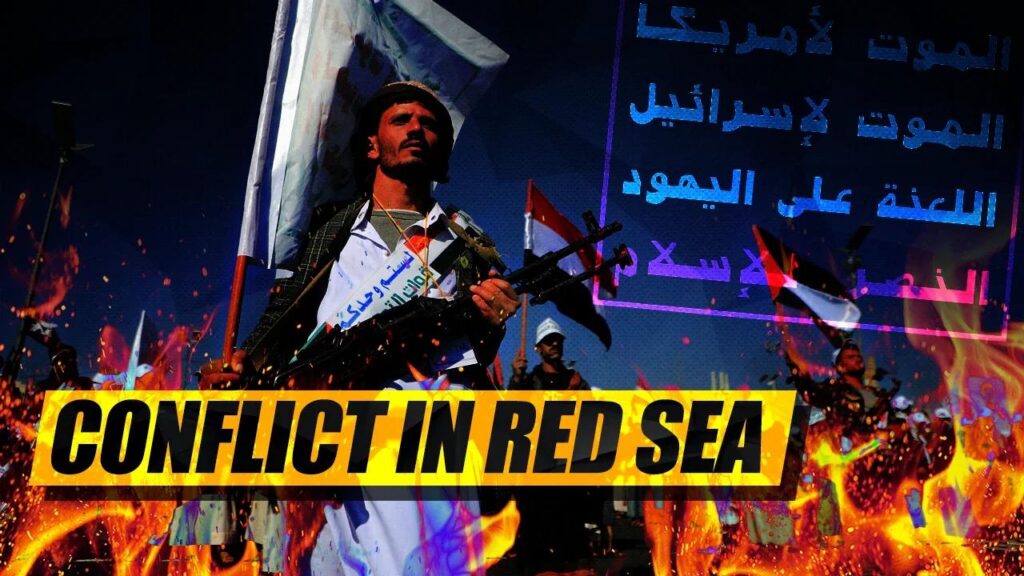
Audience
- Sentiment: Neutral
- Political Group: Progressive
- Age Group: 18-35
- Gender: All genders
Overview
- The article discusses a controversial proposal by Netanyahu regarding the potential transfer of the Palestinian population from Gaza.
- It highlights the complex historical and political background of the Israeli-Palestinian conflict, emphasizing humanitarian concerns.
- The article calls for empathy and understanding in resolving the conflict and stresses the importance of dialogue among global citizens.
The Controversial Proposal: Understanding the Situation in Gaza
In a world that constantly changes and evolves, topics like global politics can sometimes feel overwhelming, especially when they involve conflicts like the one in Gaza. Recently, a discussion arose involving Israeli Prime Minister Benjamin Netanyahu and a plan once presented by former U.S. President Donald Trump. This plan suggests something incredibly controversial—moving the Palestinian people out of Gaza. If you’re scratching your head, wondering why this is such a hot topic, you’re not alone. Let’s break down what’s happening in a way that’s easy to understand and make sense of this complicated issue.
The Background: What’s Going On?
To start, let’s set the scene. The region of Gaza, located along the Mediterranean Sea, has been a flashpoint for conflict between Israelis and Palestinians for decades. The situation is deeply rooted in historical, political, and cultural issues. At its core, this conflict often stems from a struggle over land, identity, and autonomy. Many remember the headlines of violence, protests, and military actions, all fueled by the deep-seated anger and resentment that has grown over many years.
Gaza is home to about two million Palestinians, and they have lived in a tough environment shaped by constant conflict. The area has suffered from economic distress and lack of resources due to ongoing blockades and tensions. Hamas, a political and militant group based in Gaza, governs the territory and has been at the center of many clashes with Israel. In response to many attacks and operations by Hamas, Israel has carried out military actions, citing self-defense. This back-and-forth has created a cycle of violence, and it’s hard for anyone to see a clear end in sight.
Netanyahu’s Controversial Plan
Recently, Netanyahu reaffirmed his support for a plan proposed by Trump that suggests transferring the Palestinian population out of Gaza—a phrase that sounds shocking and raises many questions. Netanyahu referred to this plan as “the only viable option” for achieving peace in the region.
But what does it mean to transfer a population? To many, it sounds like forcing people to leave their homes, families, and communities—something that feels deeply unfair. Critics, including human rights groups, argue that such a proposal is coercive, especially since many people in Gaza are already suffering due to the ongoing hostilities. The devastation following military actions has left countless families without homes, basic necessities, or safety, making this plan look even more outrageous to those who oppose it.
The Role of the U.S. and International Reactions
The United States has historically been a strong ally of Israel, and this relationship continues today. U.S. Secretary of State Marco Rubio discussed these matters during a recent visit, reaffirming American support for Israel’s military objectives against Hamas. However, while the U.S. government supports Israel’s right to defend itself, it also has to consider the humanitarian impact of any military actions.
Arab leaders and various global voices have started expressing significant concerns over the implications this plan carries for the future of Palestinians. The fear is that forcibly displacing people would lead to more instability and resentment, potentially creating an even larger crisis in the region. Many believe that peace can only come when both sides find common ground and agree to coexist rather than through displacement or military means.
The Complex Tensions at Play
To say that the situation is complicated is an understatement. There are countless opinions, beliefs, and historical perspectives in play. On one side, you have the Israeli government, which is concerned about security and protecting its citizens from attacks. On the other side, you have the Palestinian population, struggling for recognition, freedom, and the right to live without fear.
As ceasefire talks began again, Netanyahu hinted at the possibility of resuming military actions against Hamas if required. This brings us to a tense crossroads: what happens to the hostages taken during the conflict? Families are torn apart, and lives hang in the balance. The thought of resuming military actions raises serious ethical questions. Is pursuing a military solution really the best way forward?
Finding the Path to Peace
While these discussions continue, it’s essential to remember that all the decisions made will affect real people. It’s easy to get lost in discussions about political strategies, military objectives, and global alliances, but what about the daily lives of those caught in the crossfire? Can peace be achieved without understanding and respecting everyone involved?
Conflict resolution in such a complex situation requires listening to all voices, not just the loudest. It calls for empathy and the intention to understand one another, even when the differences feel insurmountable. Both Israelis and Palestinians have the right to live peacefully and thrive in their homeland; the challenge lies in overcoming decades of mistrust and pain.
Your Thoughts Matter
As we think about these events and the lives affected by them, we also have to wonder about the future. What role do we, as global citizens, play in this situation? How can we foster dialogues that promote understanding rather than division? Does this debate extend beyond borders, touching on issues of displacement and conflict in other parts of the world?
These are big questions without easy answers, and we want to hear from you! How do you feel about the recent discussions surrounding Gaza and the proposed plan? Do you think a peaceful resolution is possible, and if so, how? Share your thoughts in the comments below! Your opinion matters, and together, maybe we can come closer to understanding this challenging issue.





